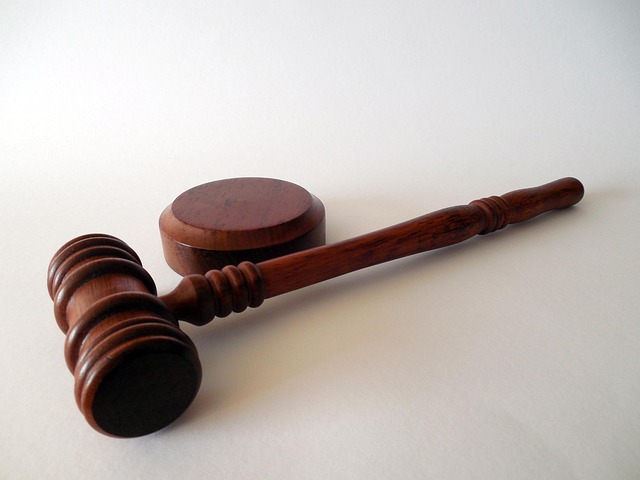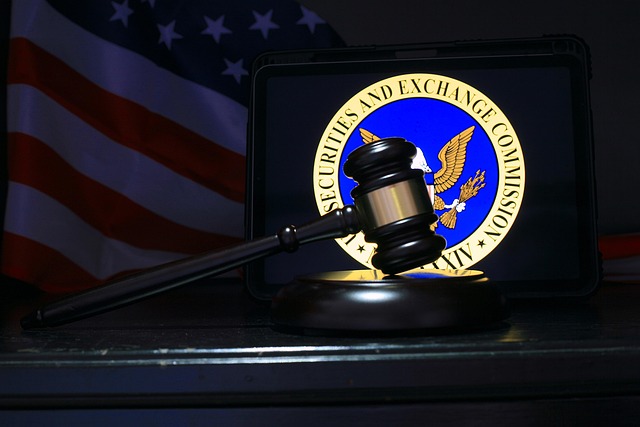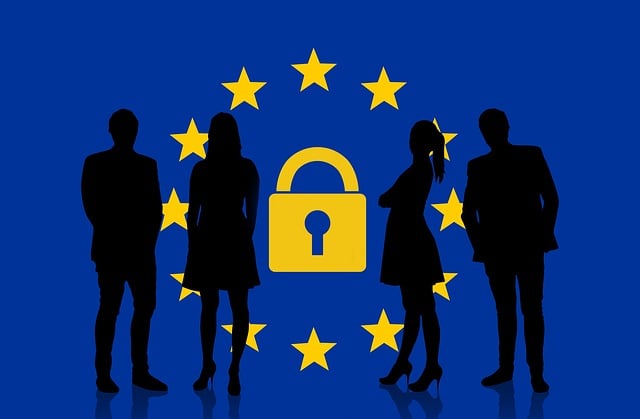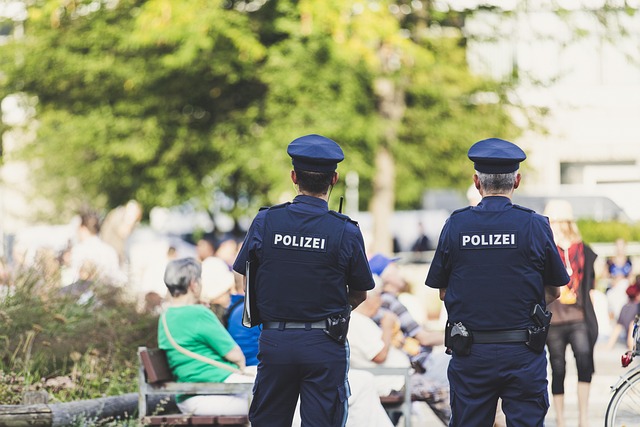Environmental crime trials require robust legal frameworks to address complex pollution and habitat destruction cases. Attorneys strategize defenses against intellectual property claims using expert witnesses, thorough documentation, and sound arguments to secure favorable outcomes for clients, whether corporations or individuals. Forensic science provides crucial evidence, and international cooperation is vital for tracking perpetrators and mitigating transboundary offenses, ensuring accountability and protecting intellectual property related to eco-friendly innovations.
Environmental Crime Trials: Unveiling the Impact and Justice. In an era where environmental concerns are at the forefront, understanding and addressing ecological offences is paramount. This article delves into the intricate world of environmental crime trials, exploring key aspects such as legal frameworks for uncovering these crimes, strategies to defend against intellectual property theft in eco-related cases, and the pivotal role of forensics. Furthermore, it highlights international cooperation’s significance in combating transboundary environmental crimes, focusing on Defending Against Intellectual Property Claims as a critical element in securing justice.
- Uncovering Environmental Crime: Legal Frameworks
- Defending Against Intellectual Property Theft
- The Role of Forensics in Environmental Cases
- International Cooperation: Combating Transboundary Crimes
Uncovering Environmental Crime: Legal Frameworks

Uncovering environmental crimes requires a robust legal framework to navigate complex cases involving pollution, habitat destruction, and other ecocidal acts. These cases often involve intricate scientific evidence and challenging interpretations of environmental laws. The legal system plays a pivotal role in defending against intellectual property claims that may arise from such incidents, ensuring accountability while protecting the rights of both corporate and individual clients.
Environmental crime trials demand a comprehensive understanding of general criminal defense strategies. Prosecutors must prove intent and causation, making it crucial to mount a winning challenging defense verdict. By employing expert witnesses, meticulous documentation, and strategic legal arguments, attorneys can mitigate penalties and secure favorable outcomes for their clients, whether they are large corporations or individuals accused of environmental transgressions.
Defending Against Intellectual Property Theft
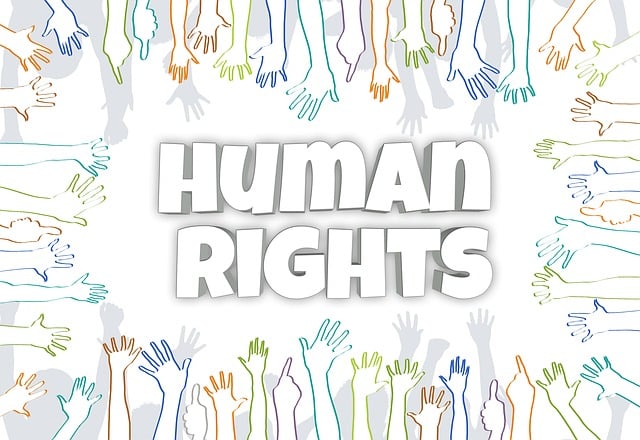
In the realm of environmental crime trials, defending against intellectual property theft is a complex and critical aspect. As companies navigate the intricate landscape of eco-friendly innovations, protecting proprietary knowledge becomes paramount. This is especially true in high-stakes cases where an unprecedented track record of winning challenging defense verdicts can be the difference between success and failure.
Strategic legal approaches are essential to mounting a robust defense. Skilled attorneys must adeptly navigate the nuances of environmental regulations and intellectual property laws, ensuring that clients’ rights are safeguarded. By employing creative arguments and leveraging relevant case law, these defenders aim to safeguard innovations, maintain competitive advantages, and uphold the integrity of their clients in the face of complex legal challenges.
The Role of Forensics in Environmental Cases

In environmental crime trials, forensics plays a pivotal role, acting as a powerful tool to uncover truths and defend against complex charges. Experts in this field employ advanced techniques to analyze samples, identify contaminants, and establish links between polluters and their illicit activities. By meticulously studying physical evidence, such as soil and water samples, forensic scientists can build compelling cases, showcasing the source and extent of environmental damage. This scientific rigor is especially crucial when addressing high-stakes cases, where a company’s future hangs in the balance, including defending against intellectual property claims related to pollution.
The expertise applied in these investigations often results in an unprecedented track record of success for those accused. Through robust forensics, it becomes possible to present irrefutable evidence, leading to complete dismissal of all charges. This strategic utilization of forensics not only ensures justice but also sets a precedent, shaping how future environmental crime trials are conducted and highlighting the importance of scientific rigor in navigating high-risk legal battles.
International Cooperation: Combating Transboundary Crimes
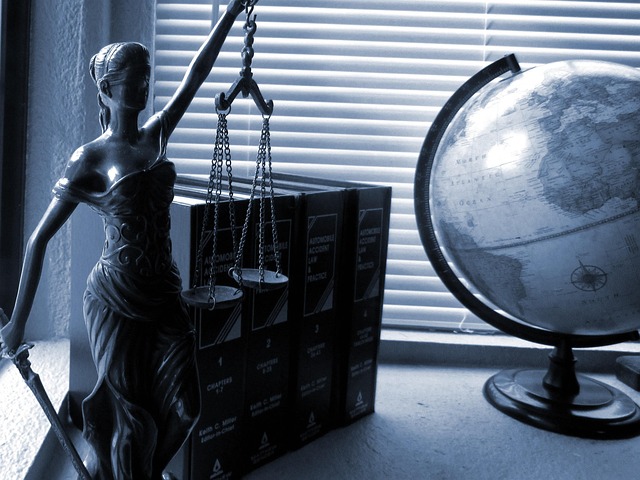
International cooperation plays a pivotal role in combating environmental crimes that transcend national borders, often involving complex web of transactions and activities. As global ecosystems face unprecedented threats, harmonized efforts among nations are essential to defending against ecological sabotage. This collaboration is crucial for tracking down perpetrators who exploit loopholes in jurisdiction, facilitating the transport and sale of illicit goods detrimental to our planet. By sharing intelligence, resources, and expertise, countries can strengthen their general criminal defense mechanisms and hold accountable those responsible for these heinous acts.
In the context of environmental crimes, international cooperation extends beyond borders, encompassing diverse stakeholders including philanthropic and political communities. These partnerships are vital in mitigating the impact of transboundary offenses, such as illegal logging, pollution, and biodiversity poaching. Through coordinated efforts, countries can defend against intellectual property claims related to eco-friendly technologies or conservation strategies, ensuring that knowledge and innovations remain accessible for the betterment of our shared environment.
Environmental crime trials require a multifaceted approach, encompassing robust legal frameworks, advanced forensics, and international cooperation. As these cases often involve complex intellectual property disputes, effective defense strategies are essential. By strengthening legal protections and utilizing cutting-edge forensics, we can better uncover and prosecute environmental crimes, ensuring justice and safeguarding our planet’s future. International collaboration is key to tackling transboundary offenses, fostering a global effort to preserve our environment and protect valuable resources.
